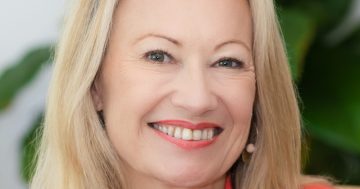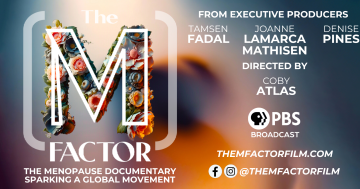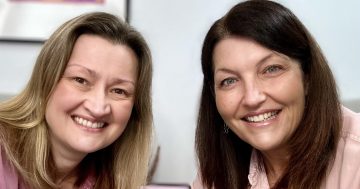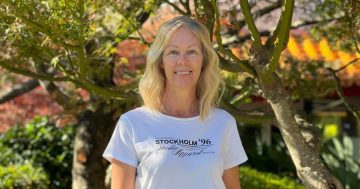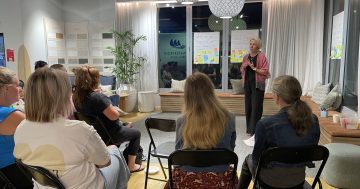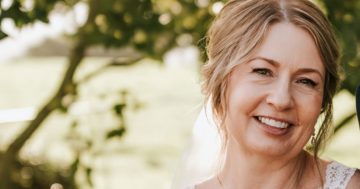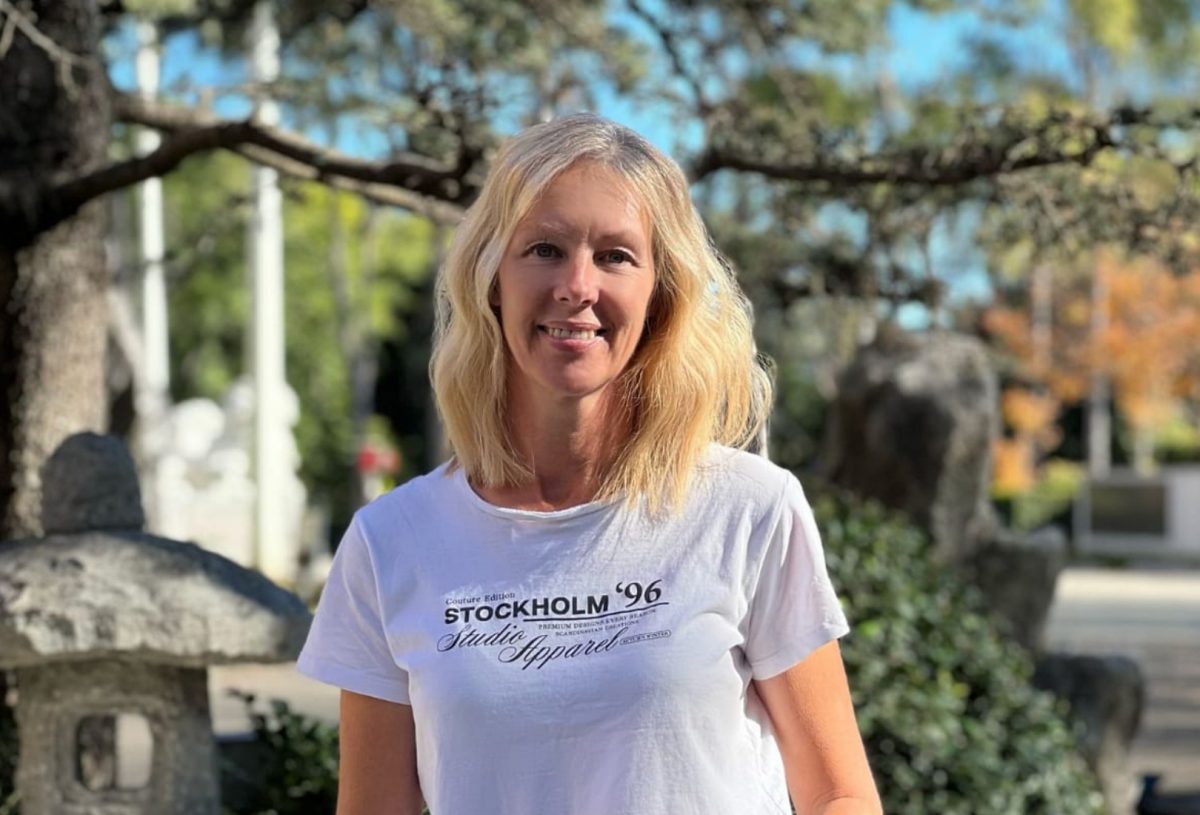
Melinda McKeown has started a support group for women experiencing menopause or perimenopause. Photo: Supplied.
Illawarra counsellor Melinda McKeown is urging women not to wait until crisis point to seek help for menopause and perimenopause, launching a free monthly support circle to navigate the often-misunderstood stage of life.
Melinda, who has a background in perinatal mental health and now specialises in supporting women and families through perimenopause and menopause, will host the first of the monthly sessions this week (29 August) at the Nan Tien Temple in Berkeley.
She said the initiative, named Menopause and Perimenopause Support Circle, was sparked by research from places such as Macquarie University, which revealed 10 per cent of women leave work prematurely due to menopause symptoms, including brain fog and fatigue.
“That’s staggering and also avoidable,” she said.
“Another very sad statistic is women between the ages of 35 – when perimenopause can start – through to 55 are most at risk of suicide and separation.”
Melinda said for change to happen, it required educating workplaces, partners and society.
She said her work in perinatal mental health and now menopause was based around hormones, leading to her passion for helping women understand them.
“Women present with new and unusual issues with no obvious trigger, like anxiety, depression and insomnia, and they’re frequently prescribed antidepressants when that’s not addressing the underlying hormonal changes,” she said.
“That gap in understanding leaves women a bit confused, unsupported, and we go off and suffer in silence.
“Menopause is more than just hot flushes, sore joints and hard-to-shift belly fat.”
Melinda said menopause could affect memory, mood, sleep, confidence, relationships and careers.
It’s something she knows all too well, experiencing personal loss as a result of menopause and wishing someone had told her earlier that her own symptoms were related to hormones.
“For some women, it can be life-destroying,” she said.
“We need more education around this and need to support each other.
“We need to stop waiting for people to reach out, because they don’t do it until they’re at crisis point, so we need to be reaching in before they get to this.”
Melinda said she was increasingly seeing more cases of women challenged by menopause and hearing stories about the effects of menopause on women’s lives, so she wanted to be proactive by starting the group.
“I would like to be able to reach younger women in their 30s because maybe then, when some shift comes around when they’re 36, 37 or 38, they’re not going to miss it and say they’re not old enough for menopause,” she said.
“We’re waiting for women to reach out, but I think we need to reach in.
“We can get through this and we can safeguard their relationships, their careers and their self-worth.”
Melinda said finding a tribe was important for sharing stories in a non-judgmental space, and support each other through it.
In addition to the sharing circle, each monthly event will include connecting over a cup of tea, a gentle walk for mindful movement in nature, and the sharing of important information about menopause and perimenopause.
Melinda will also provide a “menopause cheat sheet” for partners, with those requiring further support able to take up her counselling services.
“It’s not just the women, because it affects the relationship, and so partners are often just as confused,” she said.
“Knowledge can be their superpower, because it removes blame and it’s made to feel less personal.”
She will be collaborating with GPs who specialise in women’s health to ensure participants can access doctors who won’t dismiss their symptoms.
Melinda also hosts the Let’s Talk About … podcast series.
The first free monthly Menopause and Perimenopause Support Circle will run on Friday, 29 August, before reverting to a Saturday at the Nan Tien Template, Berkeley. Check Melinda’s Facebook page for future dates.
If you need help, or someone you know does, you can contact:
Lifeline’s 24-hour Crisis Support Line – 13 11 14
Suicide Call Back Service – 1300 659 467
Kids Helpline – 1800 551 800 or kidshelpline.com.au
MensLine Australia – 1300 789 978.









